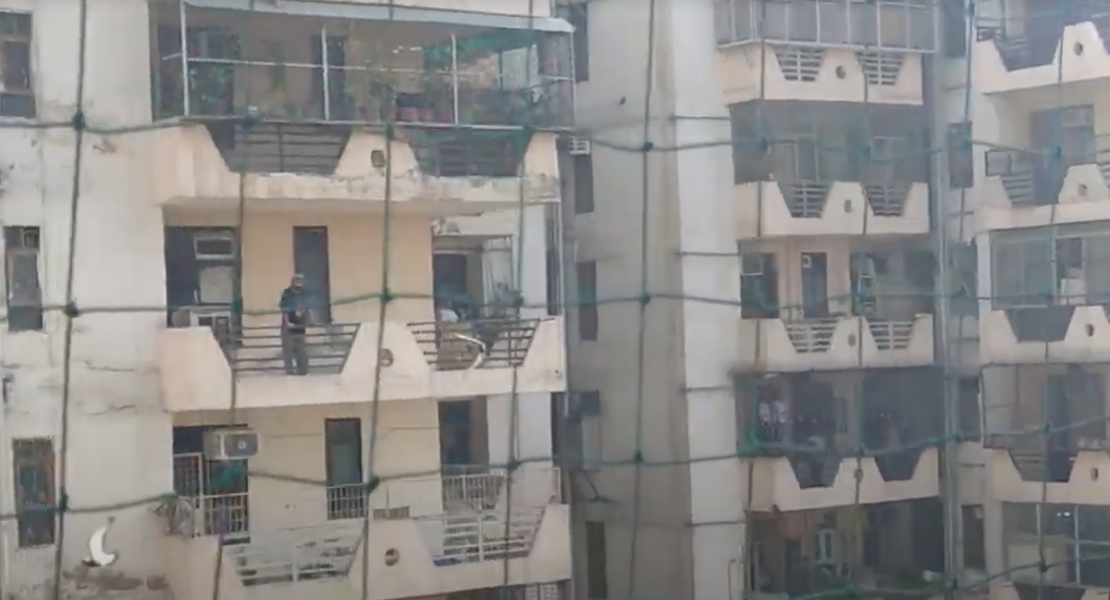With the first case of Covid-19 being reported beyond the borders of China on 13th January 2020, in Thailand, nations across the globe eventually commenced to adopt strict social distancing measures so as to prevent the spread of the virus. There have been just a few exceptions, Belarus and Sweden being the most notable.
Belarus has opted for a mitigation strategy rather than going for the suppressive methods as applied by its border-sharing countries, like Poland, Lithuania or Ukraine. According to the Belarusian Health Minister Uladzimir Karanik, mitigation would allow to check the spread of the virus and make it possible for the healthcare system to fuction and get back to the regular operation.
Unlike Belarus, India has adopted suppressive measures to deal with challenges of the pandemic. One might perceive it as irony that the lockdown in India was announced on 25th March, which is the Freedom Day in Belarus. For better or worse (I hope for better) the largest democracy in the world chose to limit people's freedoms to protect their lives.
There have been, however, various side effects of the lockdown. Because of increasing impact of the pandemic and the strict lockdown, a high percentage of people are going lose their jobs and their life conditions are deemed to worsen.
This is especially sad given that for several years before the Covid outbreak, the country had been successfully eliminating poverty. According to a 2011 report by the World Bank, nearly 268 million people in India suffered extreme poverty. By 2020, India was ‘soon-going-to-be’ one of the fastest and largest countries to evacuate extreme poverty. In 2019, less than 50 million people were below the poverty line in India.
Covid19, however, may set the country back by 10-20 years.
The pandemic and the following lockdown especially affected the more vulnerable groups, like women and the third gender. The National Commission of Women recently stated that 291 cases of domestic violence have already been reported via mails. There is increase in aggression, drug abuse and financial violence. In a report by International Labour Organization, it is mentioned that 81% of the country’s workforce belongs to the part-time or informal sector, out of which major part was occupied by women.
Today, these jobs are most likely to be suspended. As an effort to reduce the magnifying gender disparity in the country, the government has come up with a relief package focusing on the women belonging to the lower-class. In the package, the government is to transfer the amount of 500 Indian rupees ($6.5) in the ‘Jan-Dhan’ accounts owned by women belonging to the lower strata for three months. An employment plan has been released by the government for the women who have lost their jobs or are on the verge of losing them.
To generate a sense of connectivity among citizens, to boost the morale of healthcare workers, policemen, journalists, Prime Minister Narendra Modi asked his countrypeople to come in their balcony’s or doors or windows at on 22nd March at 5:00pm IST to clap hands, ring bells and bang plates. Furthermore, he asked people to light candles on 5th April 2020 at 9:00pm IST and in one of his speeches mentioned “Jaan hai toh Jahaan hai”- if you have a life, then there’s a world; where there is will. Here is a short video about how this action looked like.
Belarus and India apply divergent approaches to fight COVID-19, but they still sail on the same boat as the mission of the leaders remain to keep the spirits high and live their respective nations through the ‘most inhumane hour of 2020’.

